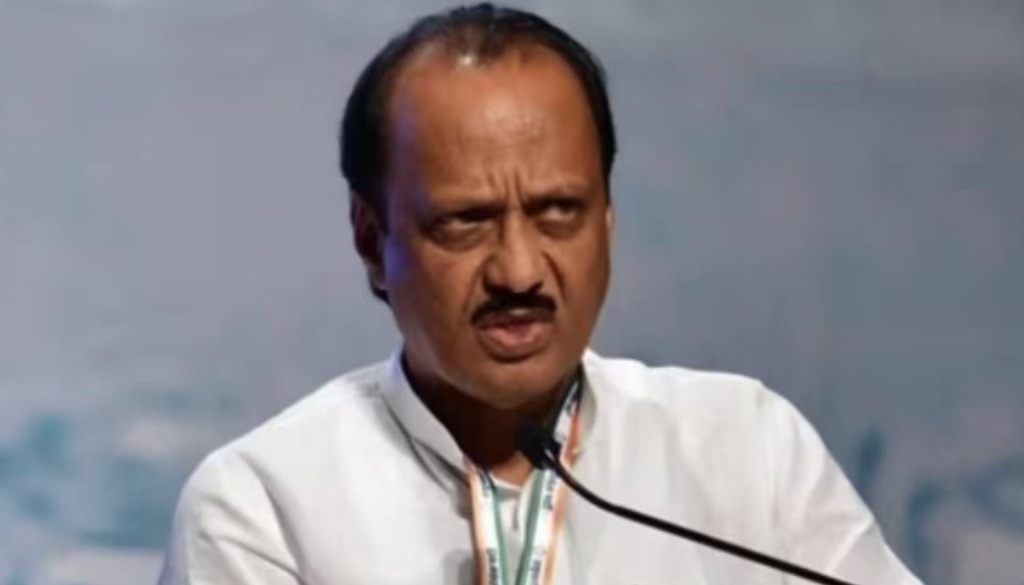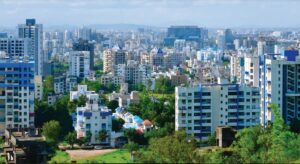Pune: Limited Dam Sites, Rising Urban Demand Forces State To Rethink Water Allocation, Says Deputy CM

Pune, 22nd April 2025: With suitable locations for dam construction in Maharashtra nearly exhausted and urban populations steadily rising, Deputy Chief Minister Ajit Pawar has emphasized the need to prioritize drinking water over power generation in hydroelectric projects like Mulshi. He suggested that instead of relying on traditional hydropower, the state should focus on alternative energy sources such as solar, nuclear, and co-generation power plants.
Pawar made these remarks on Monday during the launch of the five-year agricultural strategy plan, “Disha Krushi Utpannachi @ 2029”, in the presence of Agriculture Minister Adv. Manikrao Kokate.
“Back in the 1990s, Pune needed about 3 TMC (thousand million cubic feet) of water and Pimpri-Chinchwad required 1.5 TMC. Today, due to population growth, both cities require nearly 30 TMC combined. Future demand for drinking water will continue to rise. Regardless of which party is in power, ensuring adequate drinking water comes first,” Pawar stated.
He added that the state has now adopted a water distribution policy that prioritizes drinking water, followed by agriculture, and finally industrial use. “There are limitations to our water resources, and no more viable locations remain for constructing new dams. Hence, water from hydroelectric projects like Mulshi must now be diverted to meet drinking needs.”
Pawar also mentioned ongoing surveys for the Solshi Dam in Satara, expected to provide 5 TMC of water. Additionally, plans are in motion to redirect water from the western parts of the state—which currently drains into the sea—towards drier eastern regions. Similarly, water from Nashik is proposed to be diverted to Jayakwadi, Majalgaon, and Siddheshwar dams.
Highlighting the issue of sugarcane farming in western Maharashtra, Pawar noted, “Sugarcane alone consumes nearly 70% of the state’s agricultural water, while all other crops together rely on the remaining 30%. This imbalance has led to repeated complaints and demands from farmers.”
Agriculture Minister Kokate emphasized the government’s efforts to craft a new agricultural policy by consulting farmers across all regions, including women and progressive cultivators. “Without bringing positive change to farming communities, the agriculture department will not rest. We aim to share successful practices and modern technologies with farmers, boost crop production, double farmers’ income, and build reliable markets for their produce. Only then will more youth be motivated to pursue farming,” he said.




